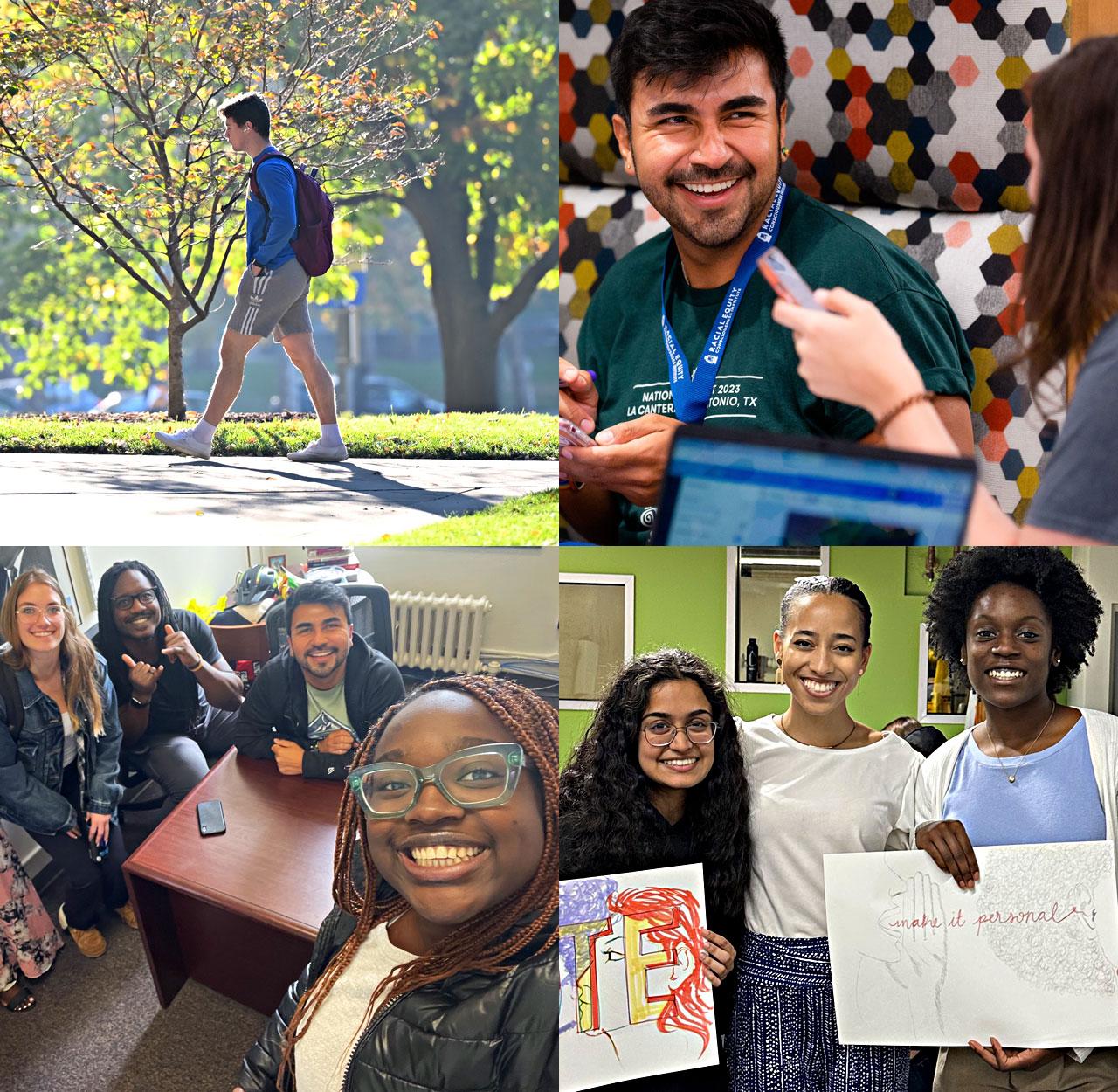Race and Social Problems Course
This course is designed to provide students with a historical understanding of why we see the racial issues and disparities in the US that we see today. We discuss the history of race relations in the US, with particular but not exclusive attention to Black-White race relations. The course starts with what pre-colonial Africa was really like, the nature and consequences of West African and Native American encounters with Europeans, and the origins of racial concepts in the world, and their roots in economic interests. In this course students will learn about historical and contemporary race-related social problems in America, including their consequences, causes, and some promising solutions. Readings, documentaries, films, music, guest speakers, and class discussions will address race in relation to disparities in economics, education, mental health, family structures, and criminal justice. There are no prerequisites, although enrollment priority is given to students in the School of Social Work.
